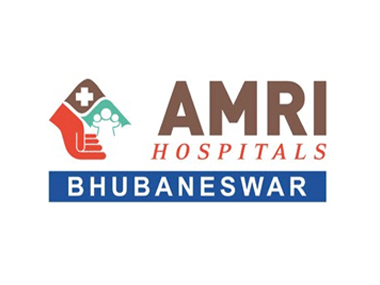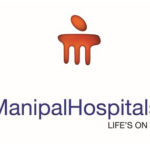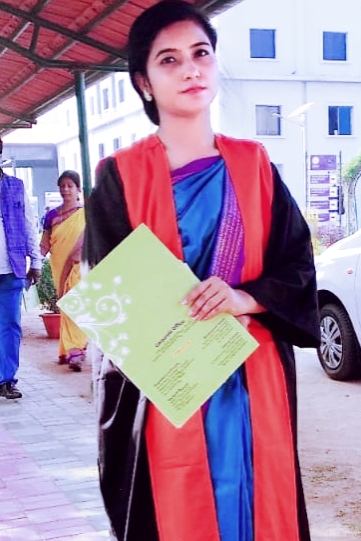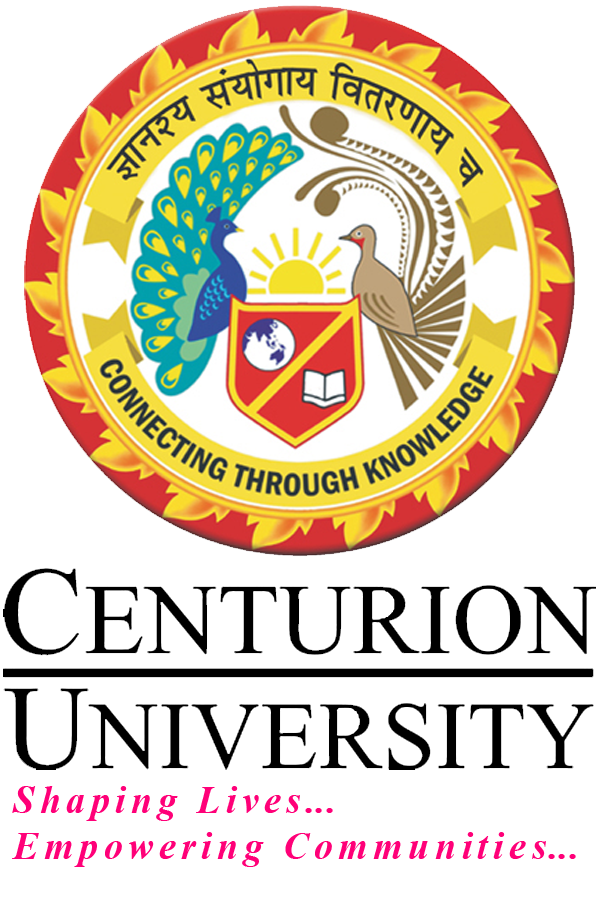This is a skill-oriented course to provide hands-on practice and project work in the study of Pathological sample collection method which includes Students will learn to work in hospitals, clinics, and other medical facilities.
Phlebotomy Technology
Phlebotomy Technology
Course Attendees
Still no participant
Course Reviews
Still no reviews
Code(Credit) : CUTM3062(0-3-1)
| Scheme | Skill for Success (SFS) |
| NSQF Level | 3 |
| Duration | 4 Months |
| Sector | Healthcare Sector Skill Council |
| Occupations | Phlebotomy Technician |
| Entry Qualification | Class XII in Science |
| Minimum Age | 18 Years |
| Aligned to (QP) | NCO-2004/3221.1
https://nsdcindia.org/sites/default/files/QP_HSS-Q0501_Phlebotomy-Technician.pdf |
Course Objectives:
The objectives of this subject are:
- Introduction to the healthcare system
- Collection of blood samples for various tests.
- Laboratory safety and standard precautions
- Collection of other samples for analysis.
- Preparation of blood smears.
- Sample transportation.
- Infection control.
- Biomedical waste disposal.
After completing this program-
- Able to collect the pathological specimen.
- They can Preserve and process the pathological sample.
- Able to handle all laboratory instruments.
- Learn the skill of drawing blood from patients in preparation for medical testing.
- Demonstrate knowledge of infection control and safety.
- Can join as a Phlebotomy Technician in any hospitals, nursing homes, private/government laboratories and research centers.
- Can open their own collection, Center.
- Can work with any research center for collection of samples.
Learning Record:
The trainee will submit a Practice/Project/Learning record after each class/session.
Assessment Process:
- The assessment agencies should have an expert to conduct assessment NOS wise and every trainee should score a minimum of 70% in the overall assessment.
Course Syllabus/Contents:
Module 1: Introduction to Phlebotomy & Interpret test request forms.
- Practice- Interpretation of laboratory request forms.
Module 2: Prepare an appropriate site for obtaining blood samples.
- Practice: Select a suitable site for venipuncture and capillary puncture.
Module 3: Prepare and label the blood samples for test, procedure, and identification purposes.
- Practice- labeling the sample.
Module 4: Transport the blood samples to the laboratory.
- Practice- Proper Handling and transportation of blood samples to the clinical lab.
Module 5: Assist the patient before, during, and after collection of the specimen.
- Practice- Practice general guidelines before, during, and after collection of samples.
Module 6: Update patient records.
- Practice- Maintain patient records.
Module 7: Follow all safety and infection control procedures.
- Practice: Followed some general guidelines for safety and infection control procedures.
Module 8: Collate and communicate health information.
- Practice: Collating and communicating health information to individuals, their families, or significant others in response to queries or as part of health promotion and giving advice.
Module 9: Ensure availability of medical and diagnostic supplies.
- Practice: Practice the safety of equipment used for diagnosis, treatment, and monitoring.
Module 10: Act within the limits of one`s competence and authority.
- Practice: Act within the limits of one`s competence and authority.
Module 11: Work effectively with others.
- Practice: Teamwork.
Module 12: Manage work to meet requirements.
- Practice: Planning and organizing the work in order to complete it on time.
Module 13: Maintain a safe, healthy, and secure working environment.
- Practice: Maintain a safe, healthy, and secure working environment.
Module 14: Learning about colour code conduction while performing phlebotomy.
- Practice: Practice code of conduct while performing duties.
Module 15: Follow biomedical waste disposal protocols.
- Practice: To gain an understanding of the importance of proper and safe disposal of bio-medical waste & treatment, To gain an understanding of categories of bio-medical waste, To learn about the disposal of bio-medical waste – colour coding, types of containers, transportation of waste, etc.
Module 16: Monitor and assure quality.
- Practice: Monitor and assure quality
List of Projects/Products/Publications :
- Being a phlebotomist, type of skills should be learned
- Biomedical waste Management
- Care and maintenance of phlebotomy equipment
- Anticoagulant vial using for sample preservation
- Required blood collection equipment & techniques
- Importance of phlebotomy
- Venous Blood Collection
- Capillary Blood Collection
Reference Book :
- The Complete Textbook of Phlebotomy, Lynn B Hoeltke
- Phlebotomy Technician TextBook: Theory & Practical Fundamentals, Edu Opret
- Phlebotomy 4th Edition Worktext and Procedure Manual, Robin Warekois Richard Robinson
- Phlebotomy Essentials: Textbook by Cathee M Tankersley and Ruth McCall
Session Plan:
Section 1
Topic: Introduction to Phlebotomy Technology
Notes:
Section 2
Practice Session:
Topic:
Interpretation of laboratory request forms before proceeding for sample collection & Learn general guidelines before, during, and after collection of samples.Notes:
Section 3
Practice Session:
Topic: Select a suitable site for venipuncture and capillary puncture.Video of Venous Blood Collection:
Section 4
Practice Session:
Topic: Select a suitable site for capillary puncture.Video of Capillary Blood Collection:
Section 5
Practice Session:
Topic: Prepare and label the blood samples for test, procedure, and identification purposes.Video:
Section 6
Practice Session:
Topic: Proper Handling and transportation of blood samples to the clinical lab.Notes:
https://www.testmenu.com/lexington/TestDirectory/SiteFile?fileName=sidebar%5CSpecimenCollectionHandlingTransport032715.pdfSection 7
Practice Session:
Topic: Maintain patient recordsDescription:
https://spark.adobe.com/page/3f94Wt5EGQC1y/Section 8
Topic: Learn some general guidelines for safety and infection control procedures
Notes:
Section 9
Practice Session:
Topic: Collecting and communicating health information to individuals, their families, or significant others in response to queries or as part of health promotion and giving advice.Section 10
Practice Session:
Topic: Practice the safety of equipment used for diagnosis, treatment, and monitoring.Section 11
- Topic: Learn about types of equipment used in phlebotomy
- Notes: https://www.arizonacollege.edu/blog/phlebotomy-equipment/
Section 12
- Topic: Types of Sample, Collection, Transportation & handling
- Notes: https://www.aphl.org/programs/infectious_disease/tuberculosis/TBCore/TB_Specimen_Collection_thru_Processing_TrainerNotes.pdf
Section 13
Topic: Learning about Safety Precautions & Maintaining a safe , healthy and secure working environment
Section 14
- Topic: code conduction while performing Phlebotomy
- Slide share: https://www.slideshare.net/JananiMathialagan1/blood-collection-and-anticoagulants
Section 15
- Topic: Biomedical Waste Management
- Slideshare: https://www.slideshare.net/pramodkumarsikarawar/bio-medical-waste-management-66501450
Section 16
Topic: Practice Biomedical Waste Management
Section 17-30
Project:
- Being a phlebotomist, type of skills should be learned:
- Biomedical waste Management: https://youtu.be/qsclvnPvr18

- Care and maintenance of phlebotomy equipment: https://youtu.be/28bAxT6gKDg

- Anticoagulant vial using for sample preservation: https://youtu.be/21VV9VKN_bY

- Required blood collection equipment & techniques: https://youtu.be/yo4E1bXyRWc

- Importance of phlebotomy: https://youtu.be/GbHb7FYCj5I

- Venous Blood Collection: https://youtu.be/P0A7S8gGgVo

- Capillary Blood Collection: https://youtu.be/yVRj7CWFj9A

Industry Partnership :




Latest News & Student Testimonials
CUTM3062 | SKILL: Phlebotomy Technology | CUTM
Media
Our Main Teachers

Susmita Chakrabarty is currently working as an Assistant Professor in the School of Paramedics and Allied Health Sciences at Centurion University of Technology and Management. Her specialization area includes the field of Medical Laboratory Sciences. At CUTM, she is engaged in teaching subjects like Hematology, Histology, Instrumentation and Technique, Analytical Biochemistry & Clinical Biochemistry, etc. […]


